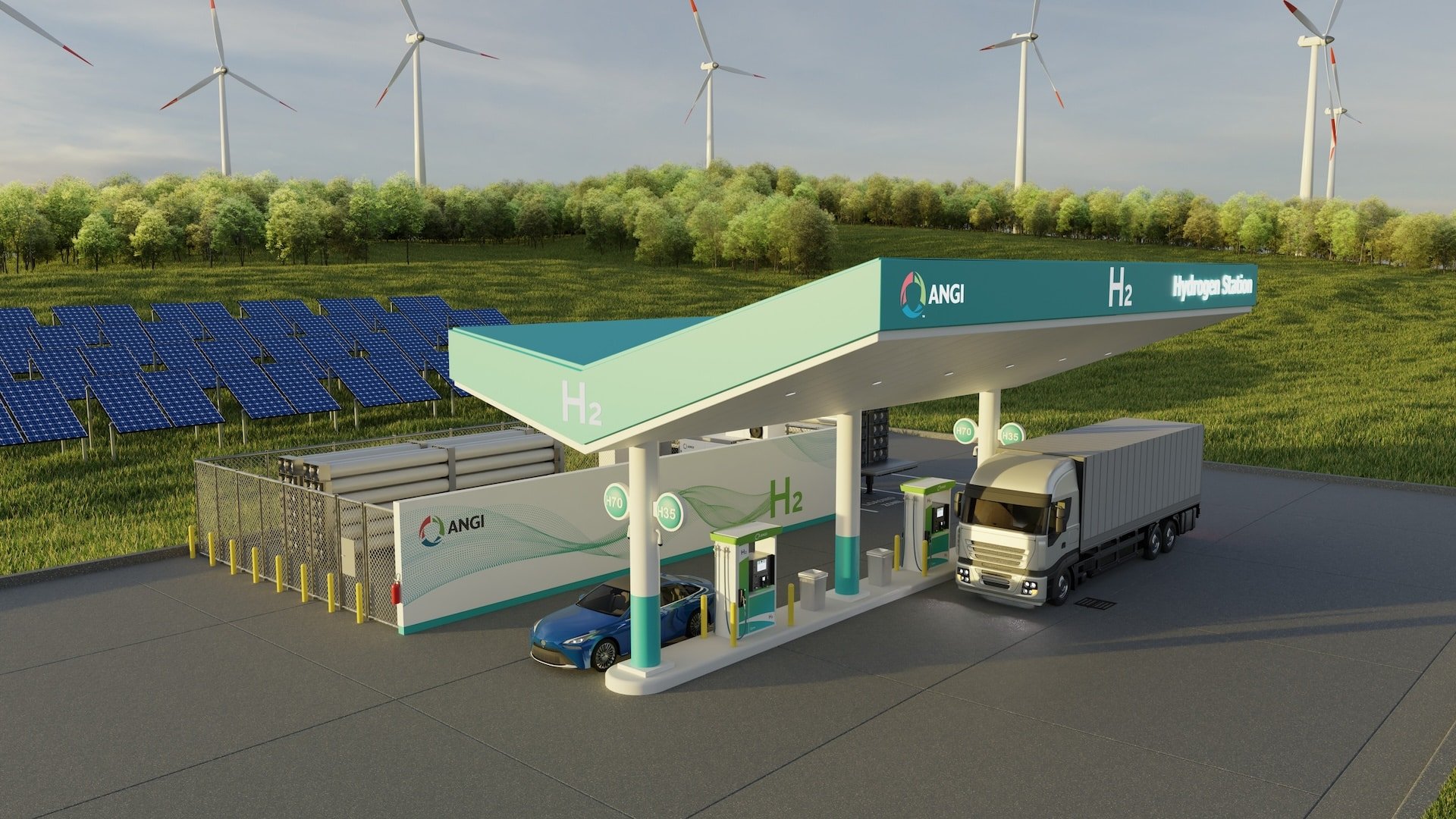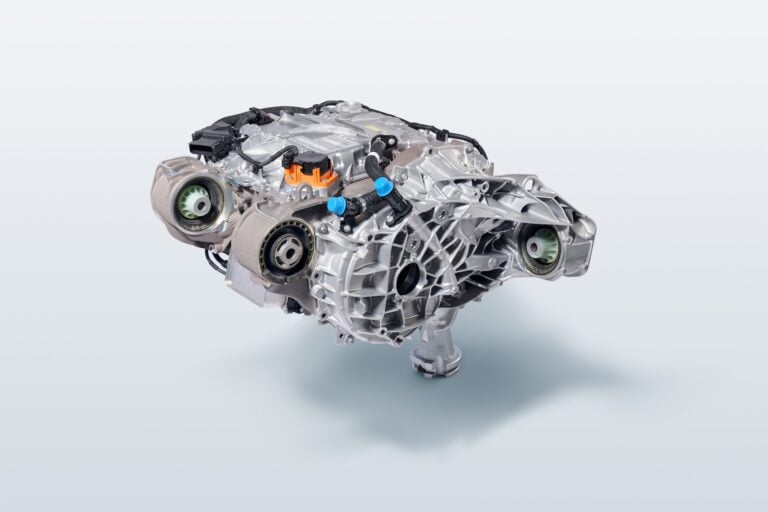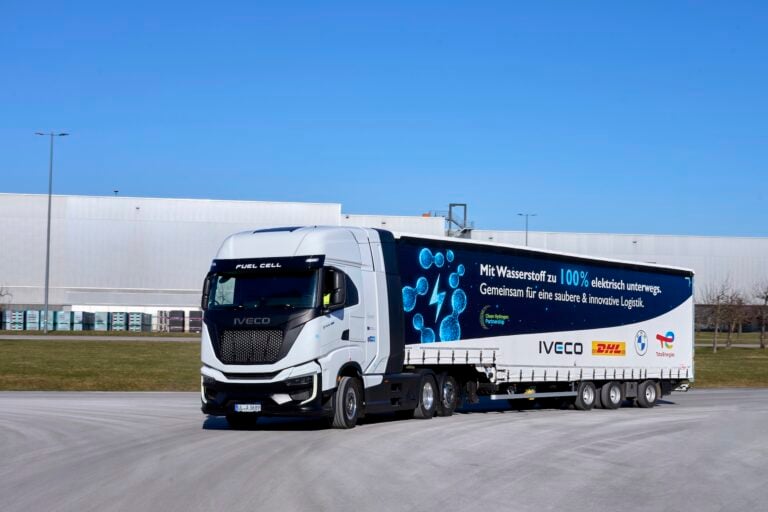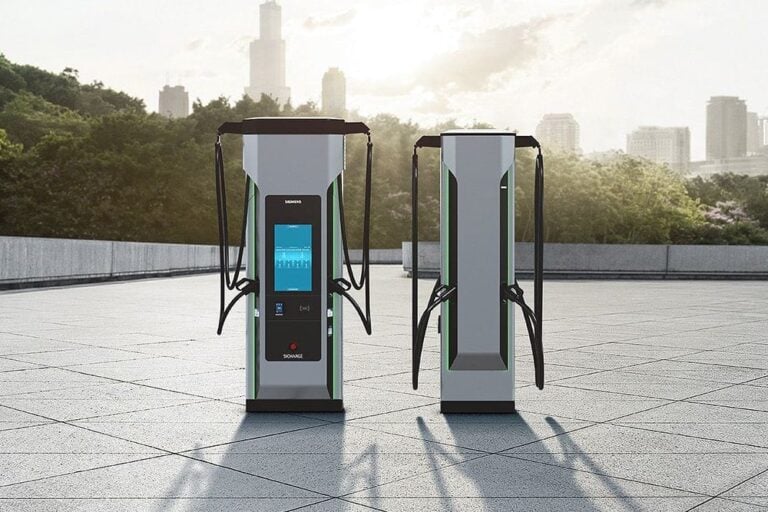ANGI Energy Systems, an affiliate of Vontier and a top-tier provider of decarbonizing solutions in mobility, has partnered with Nikola Corporation. Nikola is renowned for its commitment to zero-emission transportation and its energy supply infrastructure through the HYLA brand. Together, the two companies will embark on an ambitious journey to establish an expansive open-network of hydrogen refueling stations across North America.
Why It Matters
There’s an escalating need for diversified fuel options as efforts to decarbonize intensify. Hydrogen fuel cell technology, as anticipated by industry specialists, is posed to be a leading propulsion mechanism for the upcoming wave of heavy-duty vehicles, particularly fuel cell electric vehicles (FCEVs). This collaborative venture underscores the significance of creating a robust hydrogen infrastructure to meet this emerging demand.
Key Points
- ANGI will supply Nikola with advanced hydrogen fueling dispensers under the HYLA brand.
- These dispensers are projected to be the first-ever HD-ready units in the industry, tailored for high-speed refueling of heavy-duty vehicles.
- Collaborative expansion efforts will also involve Voltera, a pivotal figure in providing essential infrastructure aimed at full transportation decarbonization.
- Hydrogen fuel cell technology stands out due to advantages such as quicker refueling times, reduced weight, and enhanced energy efficiency.
- The Hydrogen Council anticipates the release of over 130 FCEV models in 2023, with the bulk being commercial vehicles.
Bottom Line
Nikola’s hydrogen-fueled trucks are revolutionizing the commercial transport scene, blending cutting-edge technology with a broadening hydrogen network. As Nikola’s Energy Executive, Ryan McGeachie noted, the merge of innovation and eco-responsibility is setting novel benchmarks for the transport domain. Simultaneously, Joel van Rensburg, President of Alternative Fuels at ANGI, emphasizes ANGI’s dedication to being at the innovation cusp, catering to evolving energy requisites in areas like compressed natural gas, renewable natural gas, and now hydrogen.








